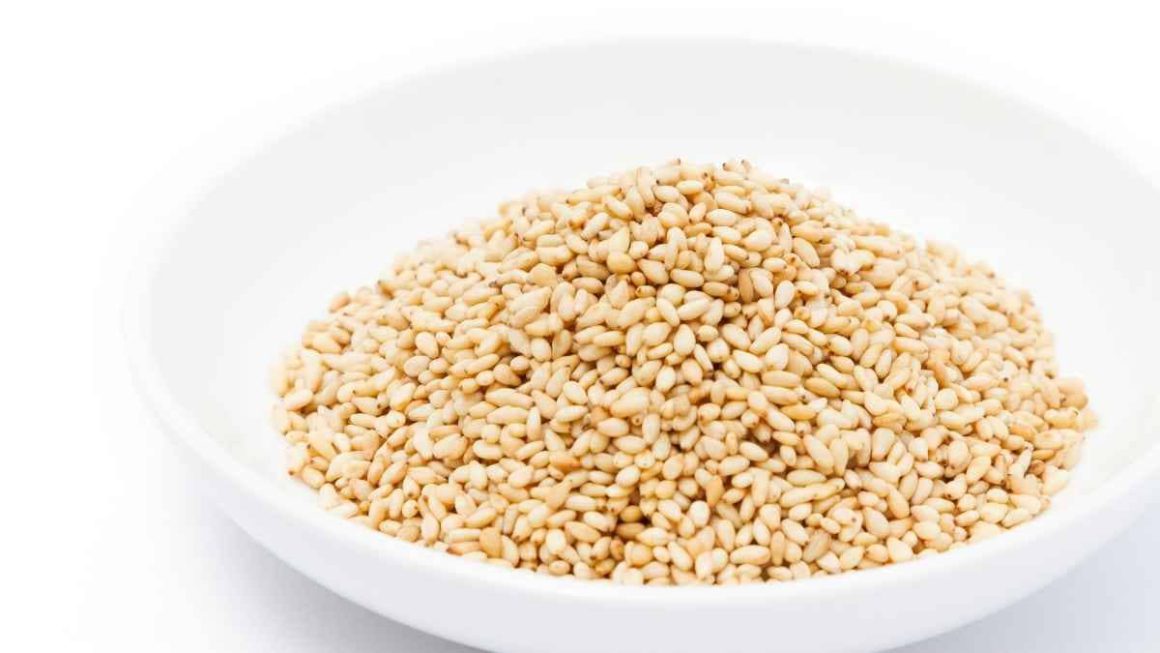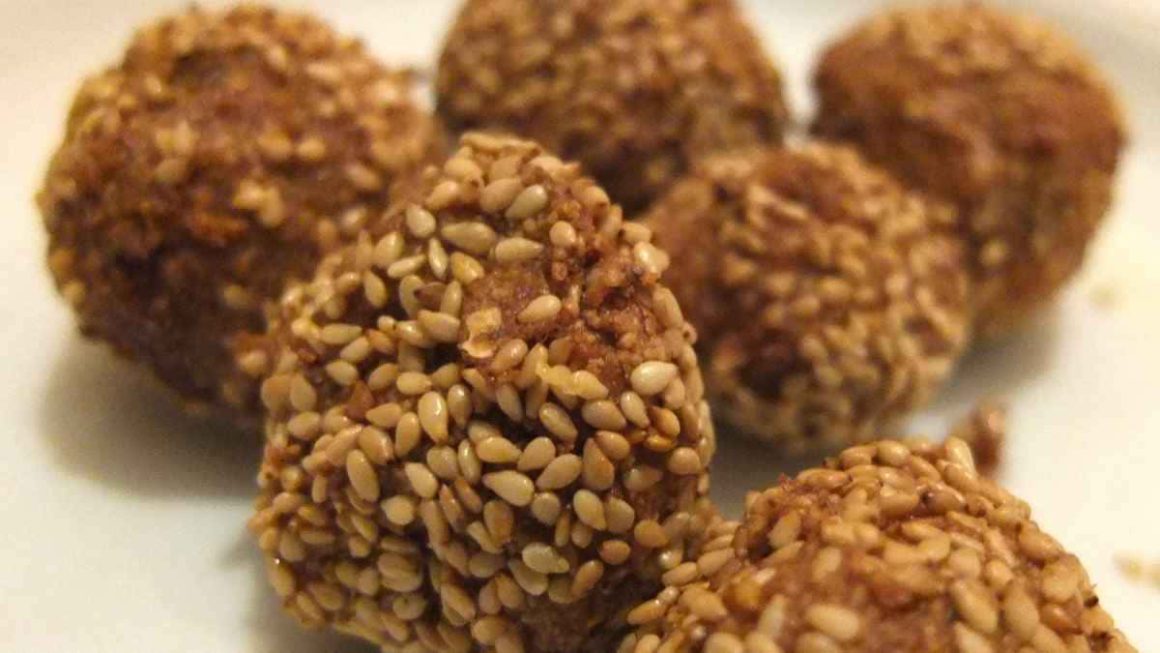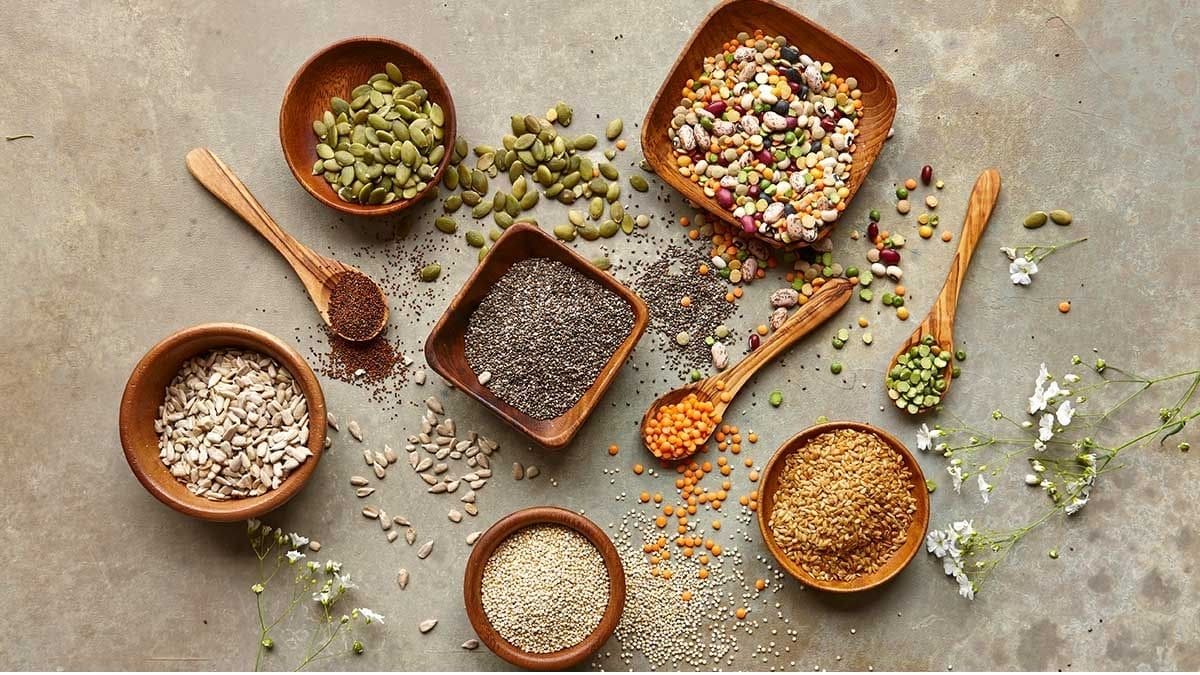Sesame is a nut belonging to the pedaliaceae family and are extracted from a seed called Sesamum Indicum, it has a straight shape and can become branched or not, the sheets of this plant have a shape similar to a heart and its color is a kind of reddish green, it also has white or lilac flowers.
This is a very common seed in India and Africa, where it is mostly produced, but due to its high nutritional value this seed is naturally consumed all over the world, with December and January being its most consumed season, since that is when it is usually harvested.

Sesame Benefits
According to the Spanish Nutrition Foundation (FEN), sesame seeds are one of the seeds with the highest nutritional value because it contains unsaturated and polyunsaturated fatty acids, niacin, thiamine, magnesium and folates, besides being a great source of fiber, iron, calcium, zinc, phosphorus and potassium, containing some vitamins such as vitamins E and B6.
Taking these fats will help to prevent cardiovascular disease and also ensure that HDL cholesterol, also called ‘good’ cholesterol, is kept away from LDL cholesterol, also called ‘bad’ cholesterol.
The FEN assures that consuming a portion of at least 25 grams per day covers 30% of the recommended daily dietary intake, and since it is an important source of minerals and vitamins, it is highly recommended for women and men between 20 and 40 years of age, especially if they practice a regular physical activity.
Why do athletes prefer sesame seeds?
More than half of the sesame seed is composed of oil and the other half of proteins and minerals, also its proteins are composed of at least 15 different amino acids so it helps a lot to the physical performance when doing sports. On the other hand, thanks to its high fiber content, sesame seeds help to have a regular intestinal function.
A study published in ‘Alimentary Pharmacology and Therapeutics‘ ensures that thanks to the high concentration of nutrients in this seed helps the proper functioning of the digestive system. Although experts recommend not to consume if you have diarrhea as this could aggravate this condition.

At last, a benefit of this seed that athletes take into account is that they help prevent anemia, this is known thanks to a study published by ‘The Medical Clinics of North America’ where it is discovered that they provide large amounts of iron which greatly helps the production of hemoglobin in our system.
How to consume sesame seeds?
Sesame seeds can be consumed toasted or raw, and in many cultures they are a typical ingredient, being the Japanese culture one of the cultures that uses sesame seeds the most, being sushi rolls one of the most popular foods that usually use these seeds.
In addition to this they are also used in salads, or to spice soups, pastas or similar meals. At the same time, sesame seeds are regularly combined with other cereals to obtain a large amount of proteins, vitamins and minerals in a single meal. They are also often combined with desserts and breads, so it is very common to see sesame seeds in breads or buns.
One of the most recommended dishes to add sesame seeds are eggs, avocado and others. The way to consume it is free thanks to the great versatility of the same and its unique flavor that make it the ideal complement.

